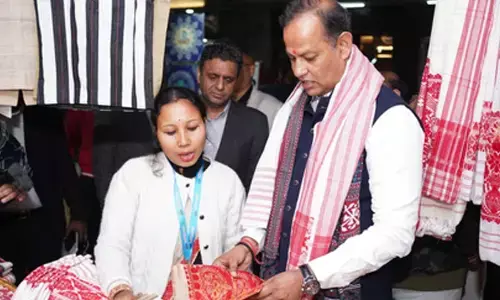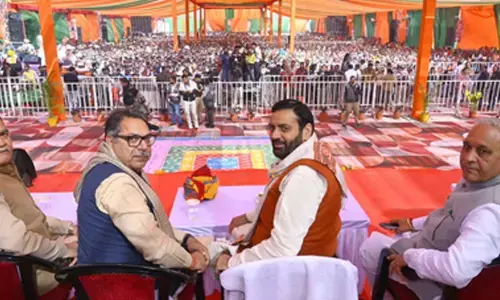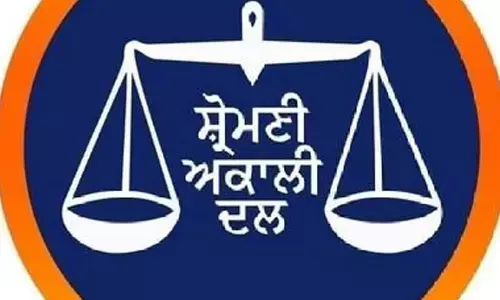Team of doctors reach Kerala to probe Nipah virus deaths

A multi-disciplinary team of doctors reached Kerala on Monday to probe the deaths of nine people in confirmed and suspected cases of the Nipah virus, a deadly infection which spreads mainly through bats, pigs and other animals, in the state’s Kozhikode district.
Kerala health minister KK Shailaja said on Monday things were under control and that there was no need to panic.
A multi-disciplinary team of doctors reached Kerala on Monday to probe the deaths of nine people in confirmed and suspected cases of the Nipah virus, a deadly infection which spreads mainly through bats, pigs and other animals, in the state’s Kozhikode district.
“The team comprises officials from the department of animal husbandry, National Institute of Immunology and Indian Council of Medical Research, among others. The ministry is in close touch with Kerala health department to monitor the situation,” a health ministry official said.
The team constituted by the Union health ministry is being headed by the director of National Centre for Disease Control (NCDC).
The Kozhikode health department is maintaining a vigil in the wake of the nine deaths. Unconfirmed reports, however, put the death toll at 12. Two more people, who were allegedly in contact with the deceased, are believed to be in a serious condition.
Kerala health minister KK Shailaja said on Monday things were under control and that there was no need to panic.
“All the periphery hospitals of the Kozhikode Medical College hospital are fully equipped to tackle the fever. All those who have fever need not rush to the medical college itself,” Shailaja said.
“At the moment, eight patients are currently in treatment. Their samples have been sent to Pune and results are awaited,” she added.
Read: Nipah virus outbreak in Kerala: All you need to know about the infection
The outbreak started with the death of three members of a family in Perambra in a span of two weeks. At least four others of the family are under close observation in the hospital with same symptoms.
“The health officials visited the house of Sabith and his brother, who passed away due to Nipah virus, and found there was a well in their house that was unused but had lots of bats. The authorities have sealed the top of the well to ensure that the remaining bats do not come out,” the minister said.
She also added that people were being educated to ensure that they do not eat any fruits that fall down from trees.
“Awareness programmes have already begun and more and more medical teams from the Centre, the Indian Medical Association and private hospitals are being readied. The first central team has already arrived and another one is arriving tomorrow (Tuesday),” Shailaja said adding that all those coming down with a fever must not panic.
The state government has sanctioned an emergency fund of Rs 20 lakh to the Kozhikode Medical College to tackle the present fever outbreak.
The Nipah virus, named after a Malaysian village where it was first discovered in 1998, infection can be transmitted to humans through direct contact with infected bats and pigs or from other infected people. The natural host of the virus is fruit bats of the Pteropodidae Family, Pteropus genus.
The symptoms of a Nipah virus infection range from asymptomatic infection to acute respiratory syndrome and fatal encephalitis, according to the World Health Organization (WHO).
There is no vaccine for either humans or animals. The primary treatment for human cases is intensive supportive care, the WHO says on its website.
Nipah virus infection can be prevented by avoiding exposure to sick pigs and bats in endemic areas and not drinking raw date palm sap and not consuming fruits that have fallen from trees.
















